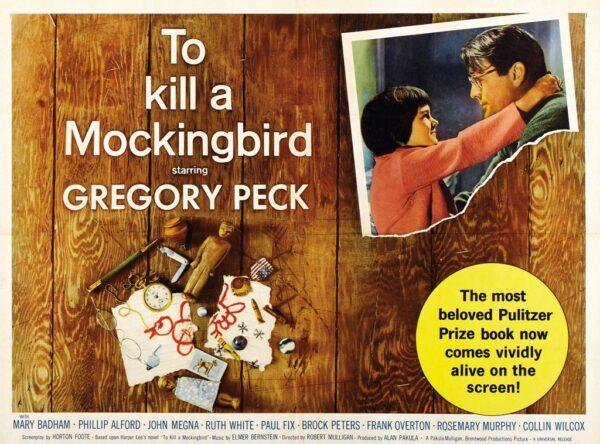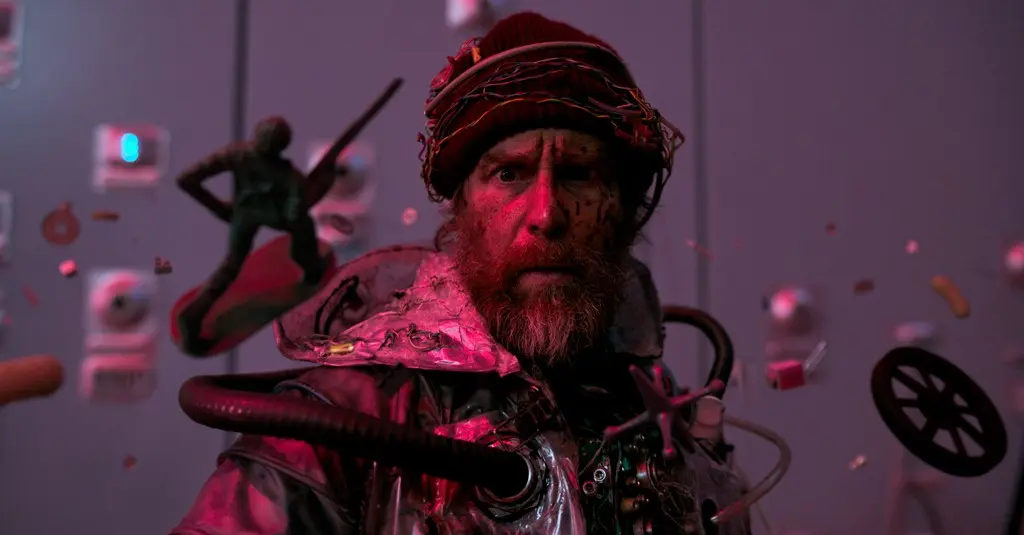With its origins dating back to the early 16th century, what we’ve come to know as Father’s Day is now celebrated the world over (albeit on different days), yet still can’t match the popularity of its May counterpart, Mother’s Day. While there have been plenty of great movies exploring the dynamics between fathers and their sons, many of them are tragedies which aren’t so much loved and enjoyed as they are respected and admired. It’s when films examine the relationship between a father and his daughter(s) that this micro sub-genre finds its lasting heart and soul.

Promotional ad for "To Kill a Mockingbird" Universal Pictures





